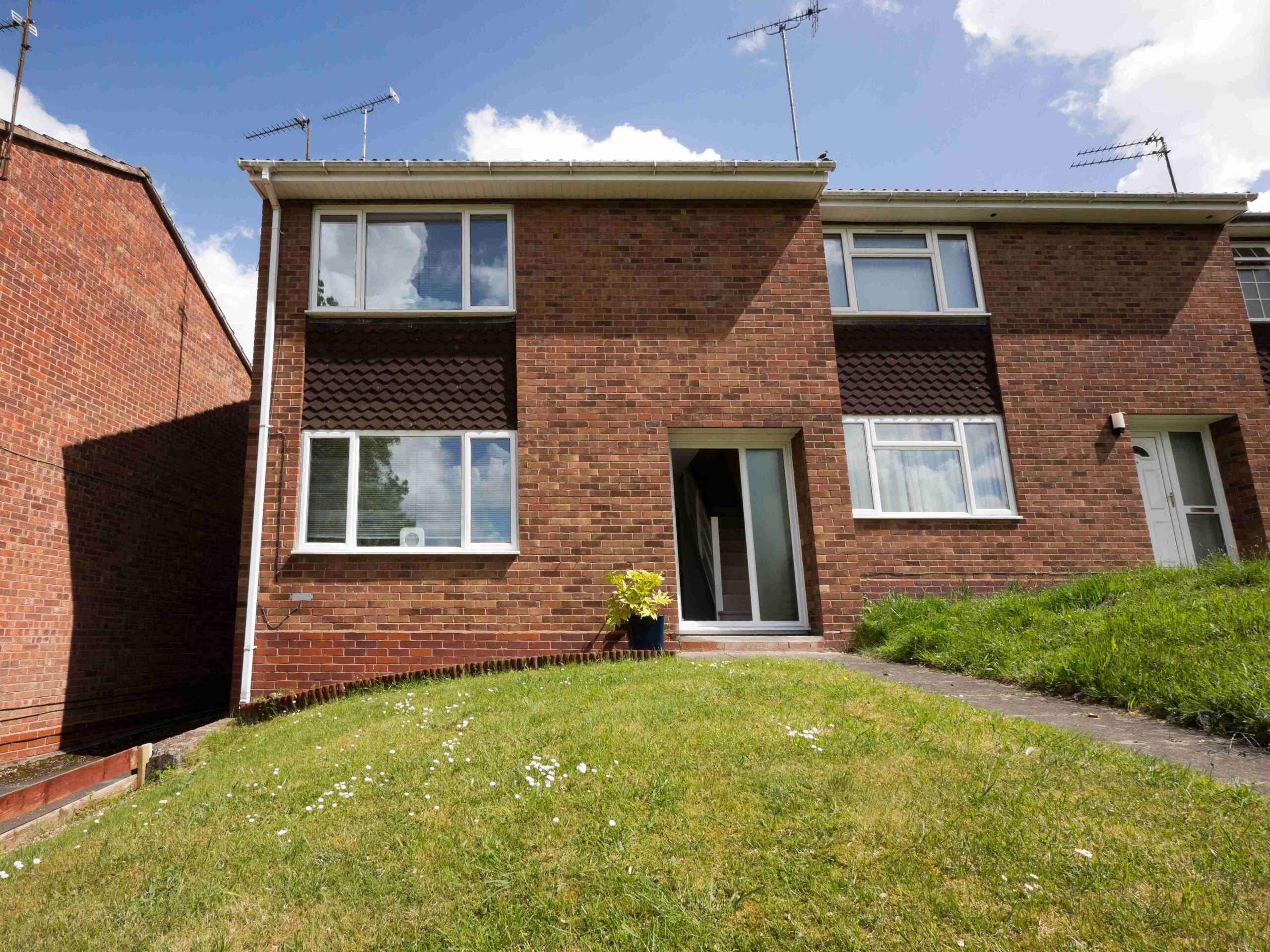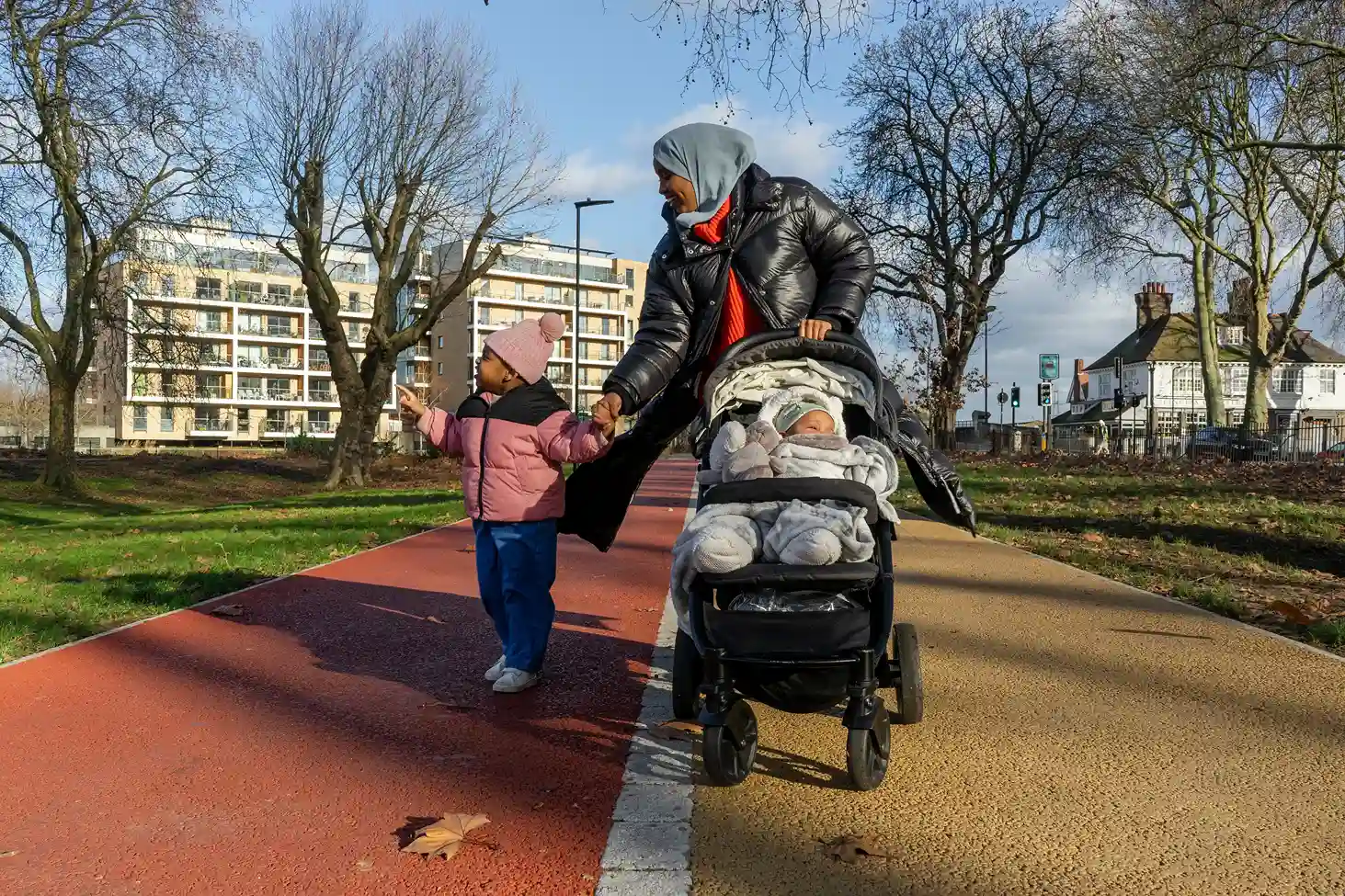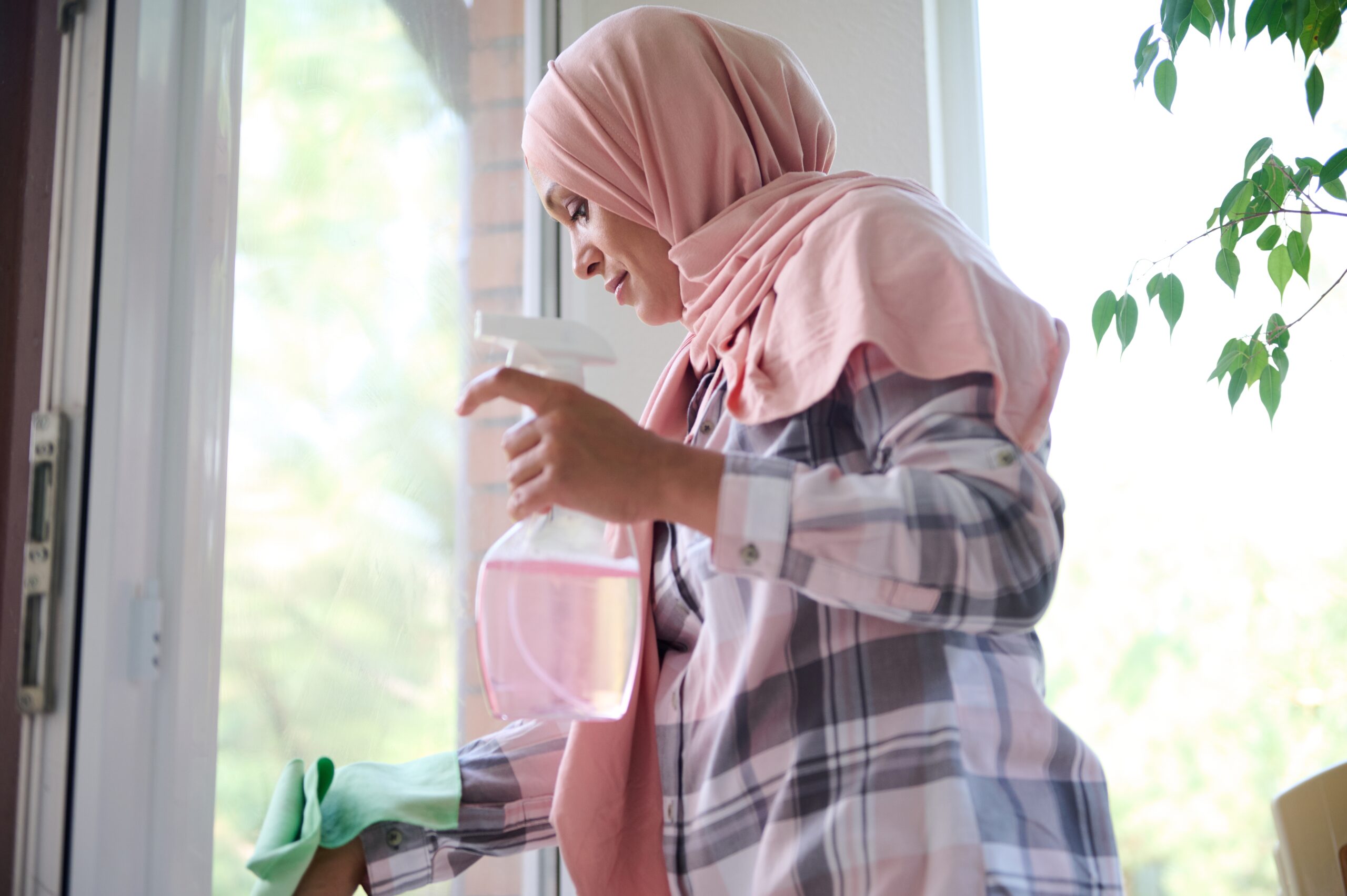Access to safe, affordable housing is a cornerstone of security and recovery, yet for many women across the UK, this remains out of reach. Survivors of domestic abuse, women leaving prison, and those facing trafficking and exploitation too often find themselves trapped in unsafe environments or at risk of homelessness.
The Women in Safe Homes Fund – a joint venture of Resonance and Patron Capital – was created in 2020 to tackle this problem and to provide women with homes that are not just roofs over their heads, but foundations from which they can rebuild lives.
Meeting Urgent Housing Needs
The scale of the unmet housing need for women is striking. In 2025 alone, around 2.3* million women (9.5% of the female population) experienced domestic abuse, making it a key trigger of women’s homelessness.
At the same time, 47%* of women leaving prison did so without settled accommodation, putting them at risk of homelessness, reoffending or returning to unsafe relationships.
Meanwhile, only 11%* of emergency homelessness services offer single-sex accommodation,and 40%* of women are turned away at first refuge referral because services cannot meet their needs.
These statistics really underscore why the Women in Safe Homes Fund is so essential. Providing more than just a home – safety, space and stability – so far, the fund has:
- Purchased 122 properties nationwide and expects to fully deploy to all housing partners by the end of the year
- Housed almost 600 women and children since launch, including 189 women and 143 children in the year April 2024 – March 25
- Focused support on women facing domestic abuse, criminal justice transition, trafficking and exploitation, often with overlapping and complex needs
- Worked with nine housing partners, including specialist women’s sector organisations, that provide women with homes and wraparound, traumainformed support
The fund recently published its latest Social Impact Report for 2024/25 – with highlights including:
- 95% of tenants said their home met their needs, up from 80% the previous year
- 95% of tenants said their home met their needs, up from 80% the previous year
Women’s wellbeing outcomes improved significantly:
- 76% reported improved mental health
- 71% gained financial independence
- 84% built confidence
- 78% felt more able to exercise choice and control in their lives
One tenant, Daima, shares the impact her new home is having on her life with her children, “I feel like I have safety and support in my new home. I now live in a good neighbourhood with my children. I don’t know where I would be without it, but it would be bad.”
For children, the difference is equally transformative. Safe and stable homes bring freedom, stability, and a chance to heal. As one housing partner, Sheffield Women’s Aid, noted:
“Children say ‘I love my house’. Very excited faces. It can be down to little things like ensuring we have child-friendly bedspreads, and having a garden and space. The sense of freedom for children in their new home can’t be underestimated.”
Driving Systemic Change
Beyond the numbers, the Women in Safe Homes Fund is modelling how investment can advance gender equality. With an intentional gender-lens, it contributes directly to three UN Sustainable Development Goals: SDG 5: Gender Equality, SDG 11: Sustainable Cities and Communities and SDG 3: Good Health & Wellbeing.
The fund is also influencing wider systems by:
- Hosting Housing Partner Forums twice a year to share best practice
- Engaging in policy advocacy around housing and domestic abuse
- Demonstrating that impact investment can deliver both financial returns and social transformation
Ella’s, one of the fund’s housing partners, explains:
“There are not enough funds like this given the state of housing. There should be 10 different Women in Safe Homes Funds out there. It’s setting a path for the government to take notice and other funds to get established.” — Ella’s
Looking Ahead
With the fund now fully deployed, all 122 homes in its portfolio are either housing tenants or are in the final stages of refurbishment before being handed over to partners.
Future priorities include:
- Strengthening trauma-informed practice across all partners.
- Deepening focus on children’s outcomes.
- Advocating for systemic change in housing policy and funding.
- Tracking long-term outcomes beyond initial housing placement
The fund’s ambition is to provide homes for around 2,300 women and children over its lifetime.
Sources (in numerical order)
1 Office for National Statistics: Improving crime survey estimates of domestic abuse
2 Prison Reform Trust: Women in Prison
3 Petrus: Women are being disproportionately affected by the Uks housing emergency






